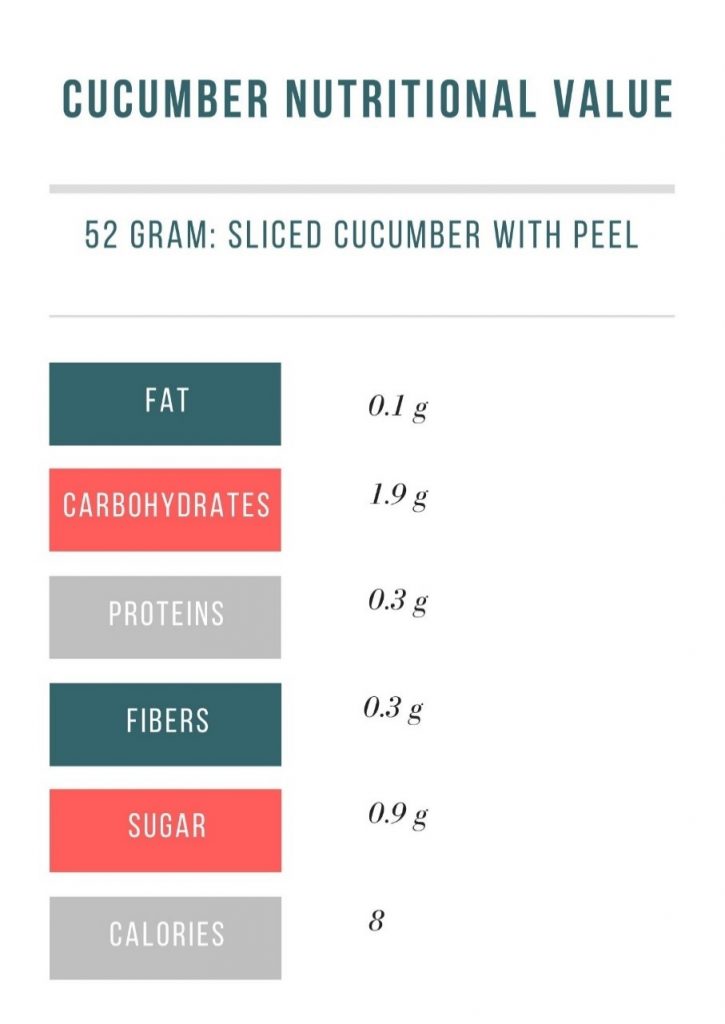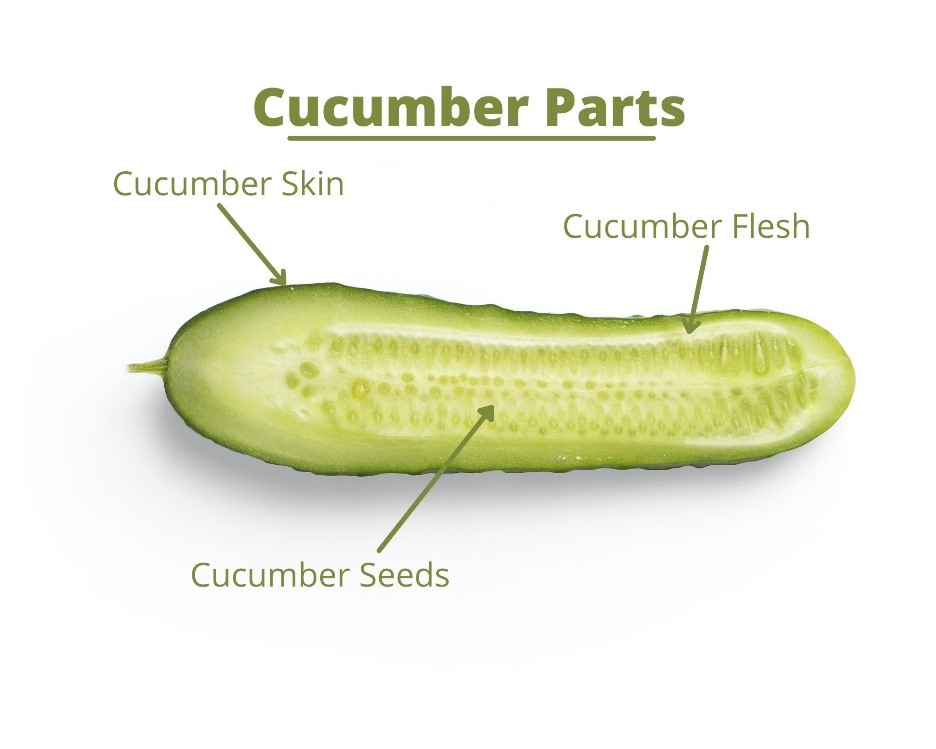Horses are herbivores. It is often assumed that if it is green, it will be good for horses. But the reality is a bit different. There are many green vegetables and leaves that are not healthy for horses.
What about cucumbers? Can horses eat cucumbers?
Here in this article, we are going to take a closer look at cucumbers, analyze their nutrient content, and if they are safe for horses to eat.
Can Horses Eat Cucumbers?
Can horses eat cucumbers? Yes, horses can eat cucumbers.
According to the American Society for the Prevention of Cruelty to Animals (ASPCA), cucumbers are non-toxic for horses. But it should be fed with caution and after getting a green signal from a vet.
Horses are finical about what they are given; some horses enjoy these crunchy snacks, the same way they enjoy apples and grass. Yet others savor fruits and vegetables.
Cucumber is not just a treat for your equine, it has enormous benefits and nutritional value. One important benefit of cucumbers is that they are natural hydrators, adding water to horses’ diets.
Do you know the health benefits of cucumber for horses? Keep on reading to learn more.
Health Benefits of Cucumbers
As discussed above, cucumbers have enormous nutritional benefits (as shown in the chart below). According to Megan Ware nutritionist in Orlando, Florida, “cucumbers are naturally low in calories, cholesterol, carbohydrates, sodium, and fat”. However, they are high in vitamin K, A, and C, making them a healthy snack for horses as long they are fed in moderation.
- The high number of vitamins and antioxidants help in the reduction of inflammation in horses’ bodies.
- 95% of cucumbers are composed of water, and as explained above, it is a natural hydrator for horses.
- Low sugar and carbohydrate content make cucumbers a great treat for horses with insulin resistance.
- Cucumbers are low in calories, and therefore, can be fed to overweight horses—cucumbers will keep their tummies full without adding to their obesity.
141g or 5 ounces of cucumbers are enough per day (twice a week) for a horse. Nutritional Values of a 52g sliced cucumber with peel are given below.

Some horse owners may be concerned regarding feeding their horses raw cucumber—cucumbers with skin. They are keen to know if they can feed cucumber skin and seeds to the horse. Let’s find it out.
Can Horses Eat Cucumbers Skin?
The only reason people are concerned regarding the cucumber skin is the presence of pesticides and other chemical sprays on them. Per se, there is no harm in feeding cucumber skin to the horse. Adding to that, cucumber skin is rich in fibers and vitamin A, providing many health benefits to horses.

It is just that you’ll have to properly wash them before feeding them to your horse or. Cucumbers are easy to grow—if you have enough space, you can grow them yourself.
Can Horses Eat Cucumbers Seeds?
Comparatively, organic cucumbers have bigger seeds than those available in the market. Horse owners may be concerned regarding their horses’ ability to digest them.
Is it so?
No. Cucumber seeds are part of its flesh, making them incredibly healthy and easy to digest.
Horses enjoy these crunchy seeds, and not just that, they have enormous health benefits too.
Cucumber seeds contain beta-carotene and fiber, helping horses with immunity, normalizing bowel movement, and achieving a healthy weight.
Health Hazards of Feeding Cucumber to Horses
If cucumbers are fed in moderation (½ bowl of cucumber, twice a week), it is completely normal, and your equine will enjoy this green treat.
But you have to know cucumbers can produce gas in the digestive system of horses, causing intestinal colic—a cramp-like pain that originates in the large and small intestines.
Since horses cannot belch or vomit, this gas in the digestive system can cause a negative reaction, sometimes serious issues like gastric rupture.
Of course, not all horses react this way, but a few may. So, when it comes to equine food, you should avoid fruits and vegetables that can cause bad reactions—even if the chances are low.
If you notice any discomfort or change in the body language of your horse after feeding it cucumbers, stop feeding them and immediately contact the vet.
That said, by and large, horses enjoy cucumbers and are suitable for their health–provided they are fed in moderation.
How to Feed Cucumber to Horses
Sometimes equines enjoy crunchy fruits and vegetables. So, it is best to know how to feed your horse cucumbers properly without affecting and risking its health.
1. First Step: Looks for Illnesses and Allergies
The first step is to make sure that horses don’t show any signs of allergies or illnesses. If they are already ill, giving them food with side effects may worsen their condition. So, for instance, if your horse is having any digestive issues, do not feed them cucumbers—or for that matter, any vegetables or fruits—before discussing it with a vet.
2. Second Step: Small Portion
Start off with small portions, 1 or half cucumber with peel removed. Look for the body language and signs or effects after eating cucumbers.
It is better to keep a regular check on your horse, sometimes there are no immediate signs.
3. Third Step: Feed Large Pieces
Pieces of cucumber should be large enough so that horse can chew on it. Don’t cut them into small chunks because there is a possibility that your horse will directly sallow them and can choke on them.
4. Fourth Step: Feed in Moderation
Cucumbers should be considered a treat for your horse, not the staple diet. As discussed above, 5 ounces per day is more than enough for a horse.
It is alright to feed a horse cucumber skin, but thoroughly wash it before feeding it to horses.
However, it is bought from a store, it is better to peel off the skin to avoid any complications.
5. Fifth Step: Cucumber Juice
If your horse is having teeth issues or getting old, the best option is to make cucumber juice and add it to the grain diet of the horse.
Precautions While Feeding Cucumber to Horses
These are necessary precautions that every equine owner should take when feeding cucumbers to their horses.
- If a horse is missing a tooth or has any teeth issues, it should not be fed large pieces of any food, including cucumber. They can choke on big chunks.
- Keep your horses’ cucumber intake moderate; overfeeding can cause significant issues for your horse.
- If an equine is suffering from a digestive problem, consult a vet before changing or adding anything to its diet.
- Keep a regular check and carefully monitor the physical and behavioral changes after feeding it cucumber (or any new diet).
So, can horses eat cucumbers? As the preceding discussion shows, there is no standard answer available but technically speaking, yes, they can eat cucumber—the ASPCA has listed it as a non-toxic food for horses. Much depends upon the horse’s health condition, age, and how it is fed. In the worst-case scenario, cucumber can cause gas or colic.
